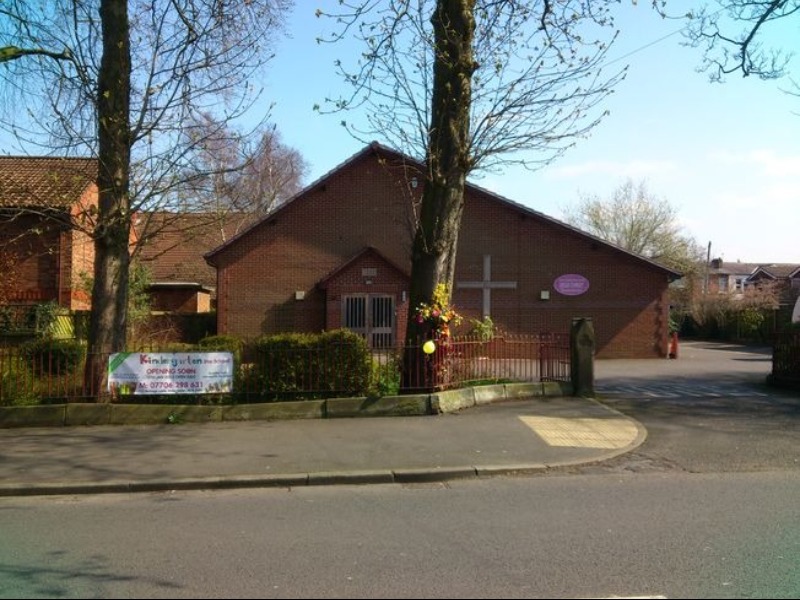A report on church closures has found that the United Reformed Church (URC) has bucked the trend of closing buildings in poorer areas.
Church Action on Poverty launched its Church On The Margins work in 2020, and has spent three years studying closures across Greater Manchester over the past decade, and talking in depth with people in low-income areas.
It found that most closures within the Church of England, Catholic, Methodist and Baptist denominations were in the most deprived areas, leaving low-income communities disproportionately affected, whereas the URC had more closures in affluent areas.
Reasons cited for closures included declining attendance; buildings falling into disrepair and unaffordable upkeep; and a lack of clergy, but these do not explain the imbalance between areas.
Niall Cooper, Director of Church Action on Poverty, said: “Churches, at their best, are thriving hubs at the heart of their communities – open and inclusive to all believers and everyone else. Churches at their best connect with and support the local area through local collaborations, shared spaces and resources, and genuine community. This new research shows that low-income communities are being disproportionately affected by church closures, and that has ramifications for Christians and entire neighbourhoods – but if national church leaders reinvest instead of retreating, then churches can help whole communities to thrive and build better futures.”
A second report ‘What does it mean to be a church on the margins?’ is based on in-depth conversations with people and congregations ‘on the margins.’ It documents frustrations with barriers around disability, literacy, class, language, leadership and power within mainstream churches.
The voices and stories shared were powerful and insightful and combined faith and a desire for action.
Both reports point to wider questions about denominational priorities and structures, and the allocation of resources. People leading denominational work are often distant from people with experience of living on the margins of society.
The Revd Fiona Bennett, Moderator of the URC General Assembly, said: “We very much welcome the two reports published by Church Action on Poverty, which ask the five main Christian denominations to re-examine their commitment to low-income and marginalised communities.
“Whilst noting Church Action on Poverty’s findings that the United Reformed Church (URC) alone had more closures in affluent areas than in low-income areas, we very much hear the call to reinvigorate our efforts to reach out to the poorest and most vulnerable in our society.
“This should also be seen as an opportunity to pool our resources in co-operation with other church denominations.
“One example of such collaboration is the good news story of Wharton and Clegg’s Lane Community Centre and Church – a joint URC/Methodist project which opened a new church and community centre building last year in one of the poorest parts of Salford, representing a £1.5 million investment.”
Watch a short video on Wharton and Clegg’s Lane Community Centre and Church below:
Image: Christ Church South Manchester URC Burnage.

